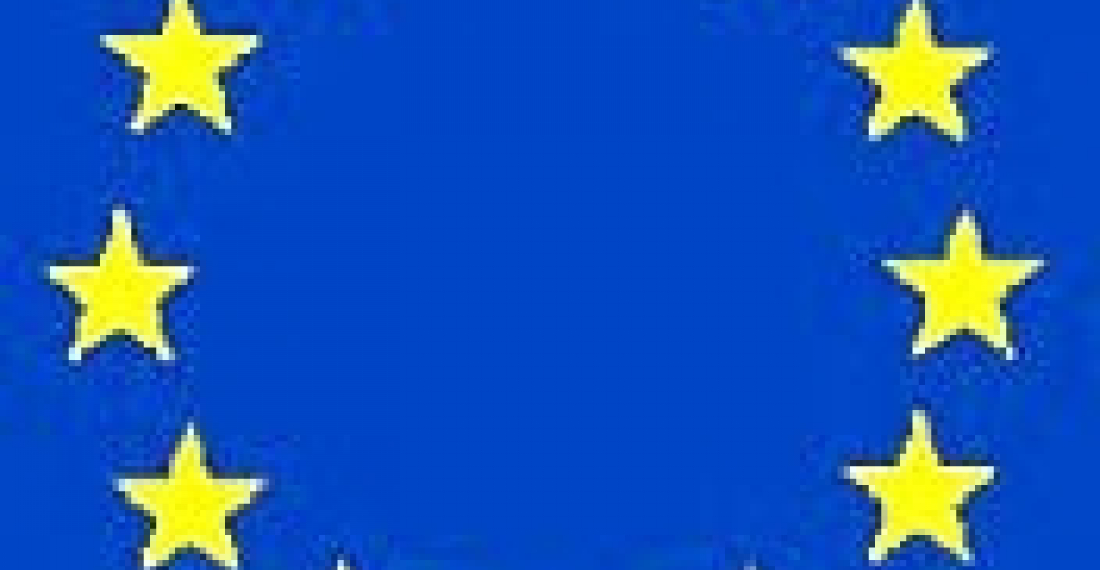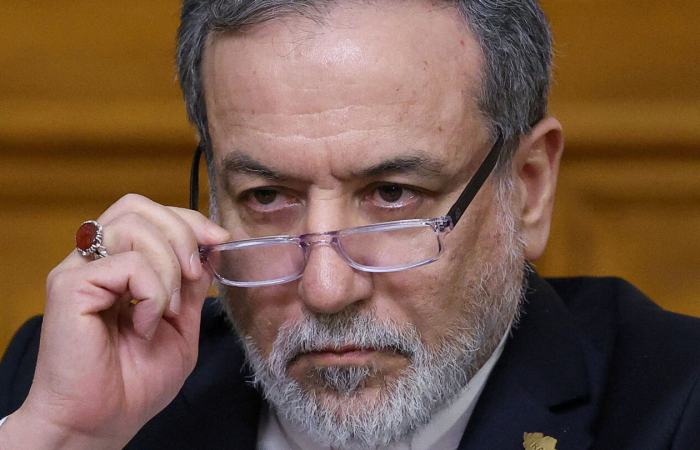В Европарламенте в ходе пленарной сессии с 10-13 сентября во время обсуждения вопросов по правам человека и демократии будет затронута также тема экстрадиции и помилования азербайджанского убийцы Рамиля Сафарова. Об этом сообщает официальный сайт ЕС. Не исключено, что по итогам обсуждений будет принято заявление. Отметим, что экстрадиция властями Венгрии азербайджанского солдата Рамиля Сафарова, приговоренного венгерским судом к пожизненному заключению за убийство в Будапеште в 2004 году армянского офицера Гургена Маркаряна, и его дальнейшее помилование указом президента Азербайджана Ильхама Алиева, вызвали большой международный резонанс. Армения, в свою очередь, прекратила дипотношения с Венгрией.
В ходе пленарной сессии Европарламента 10-13 сентября будет рассмотрен вопрос экстрадиции и помилования азербайджанского убийцы Сафарова
В ходе пленарной сессии Европарламента 10-13 сентября будет рассмотрен вопрос экстрадиции и помилования азербайджанского убийцы Сафарова







